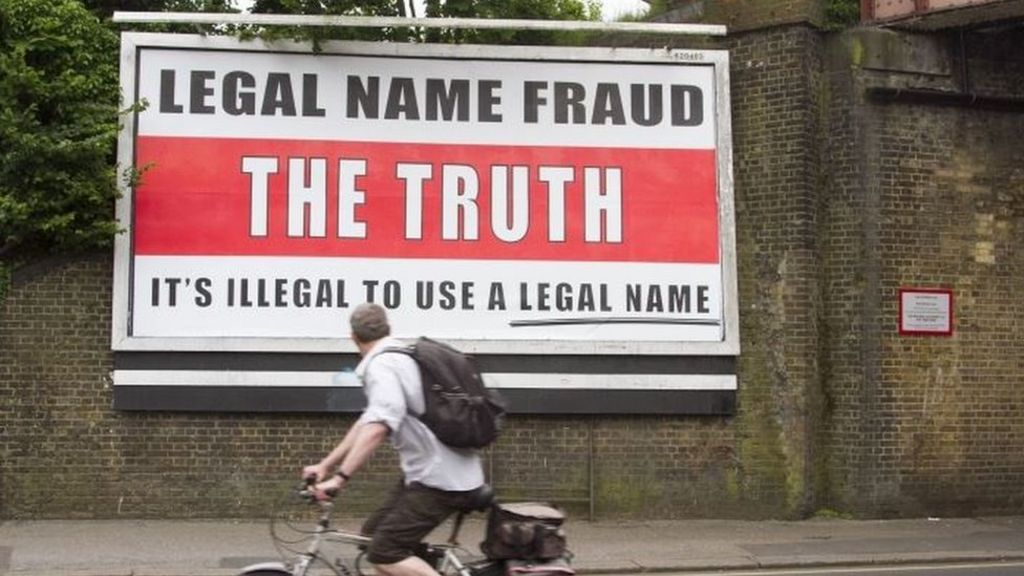How we spend our days is, of course, how we spend our lives

My experience of the pandemic is so bound up with my experience of therapy that I assumed my experience was relatively unique and therefore not particularly worth sharing. However, a tweet that I stumbled across last week made me rethink that assumption:
A younger Doug might have been fired up by this to think about the literal and metaphorical mountains I could conquer. However, if there’s one thing that therapy and the pandemic has taught me, it’s to reflect on what I actually do and who I actually am, rather than conjure castles in the sky.
Yesterday, an article that was going to end up as link fodder for Thought Shrapnel got me thinking about this a bit further. What if this is actually a pivotal moment in time? What if we’ve collectively poked a hole in reality, looked through, and now have to decide whether we want to ‘stick’ or ‘twist’? What would that mean for me individually, for the society I live in, for us as a species?
In a much-shared article for The Atlantic entitled I’m Not Scared to Reenter Society. I’m Just Not Sure I Want To, Tim Kreider explains eloquently what many of us have experienced over the last few months:
“For the last year,” a friend recently wrote to me, “a lot of us have been enjoying unaccustomed courtesy and understanding from the world.” When people asked how you were doing, no one expected you to say “Fine.” Instead, they asked, “How are you holding up?” and you’d answer, “Well, you know.” (That “you know” encompassed a lot that was left unspoken: deteriorating mental health, physical atrophy, creeping alcoholism, unraveling marriages, touch starvation, suicidal ideation, collapse-of-democracy anxiety, Hadean boredom and loneliness, solitary rages and despair.) You could admit that you’d accomplished nothing today, this week, all year. Having gotten through another day was a perfectly respectable achievement. I considered it a pass-fail year, and anything you had to do to get through it—indulging inappropriate crushes, strictly temporary addictions, really bad TV—was an acceptable cost of psychological survival. Being “unable to deal” was a legitimate excuse for failing to answer emails, missing deadlines, or declining invitations. Everyone recognized that the situation was simply too much to be borne without occasionally going to pieces. This has, in fact, always been the case; we were just finally allowed to admit it.
The world has felt like a kinder place over the last year, partly because people have let their guard down knowing that we’re all in the same boat. For me personally, that’s made it easier for me to slowly take off the ‘mask’, which my therapist explained I tend to use as a protective mechanism. The pandemic has silver linings, it would appear.
There’s another paragraph in Kreider’s article that I also want to share because it captures something important that I haven’t seen or heard people discuss. We marinate in the juices of a society that tells us hustling is the way to ‘make it’ in life and that this is something to be encouraged or emulated. But… is it?
When I was younger, I had more incentive to thwart my own sloth and return to the productive world; I had ambitions yet to achieve. But I’ve since achieved a lot of those ambitions, and in the past year, they have all evaporated, as if they’d never happened. I know from experience that I can, with great effort and discipline, claw my way back to a baseline. Let’s say I do—I get off the couch, turn off the TV, start writing again, apply for teaching jobs, get another book contract. What Couch Guy wants to know is: What’s my reward for all of that? What’s the big payoff? Will it be as good as lying on the couch watching TV?
I’m not sure if I’m supposed to say this out loud, but at forty, I’ve achieved most of what I set out to achieve in life. I have little desire for riches or fame. I’ve got a wonderful wife and two lovely children. We’re financially stable, live in a nice place, and are in reasonably good health. I have a terminal degree that allows me to change my honorific. I’ve travelled to lots of amazing places.
As I keep telling my children, the amount of money, power, and prestige that society bestows upon people is only tenuously related (at best) to the importance of the thing they spend their time doing. I’m pretty sure I’ve told them the story of the fisherman and the businessman several times at this point. None of this is to besmirch ambition, but rather to encourage them to steer a healthy path between hedonism and delayed gratification.
To quote Kreider again:
More and more people have noticed that some of the basic American axioms—that hard work is a virtue, productivity is an end in itself—are horseshit. I’m remembering those science-fiction stories in which someone accidentally sees behind the facade of their blissful false reality to the grim dystopia they actually inhabit.
I’m not sure these are ‘American’ axioms so much as a Protestant work ethic that permeates western culture. Either way, the shiny false consciousness encouraged by our advertising-fuelled culture turns out to be paper-thin when you expose it to any kind of scrutiny.
“How we spend our days is, of course, how we spend our lives” wrote Annie Dillard. Like many people, I spend my lives moving between various screens for work, rest, or play. The pandemic has exposed as a lie the story I tell myself that I’d be reading academic philosophy if other things didn’t get in the way. I’ve had plenty of time to do that recently, and instead I play video games and write introspective blog posts.
Is that a bad thing? Perhaps I’m just dormant?
¯\_ (ツ)_/¯
Photo taken by me in Iceland in December 2019, just before the pandemic.

